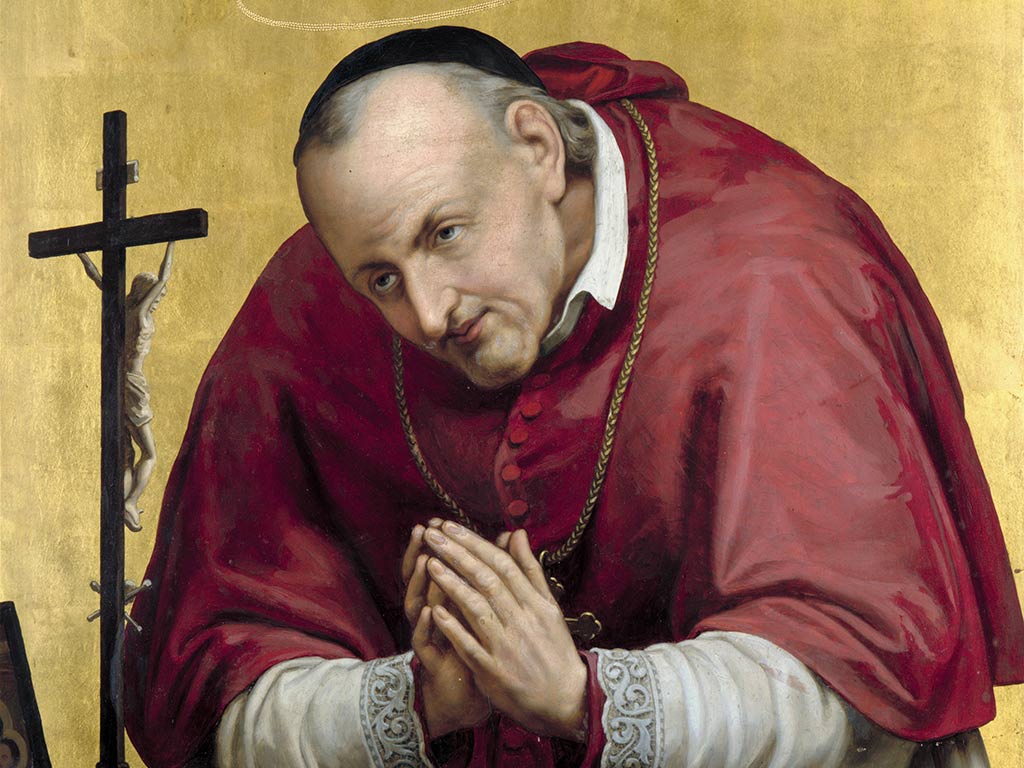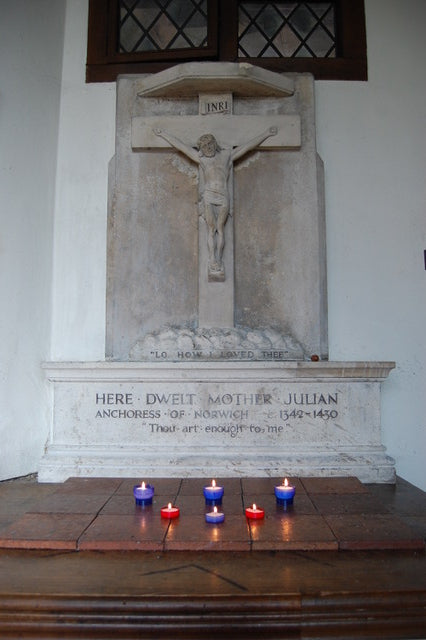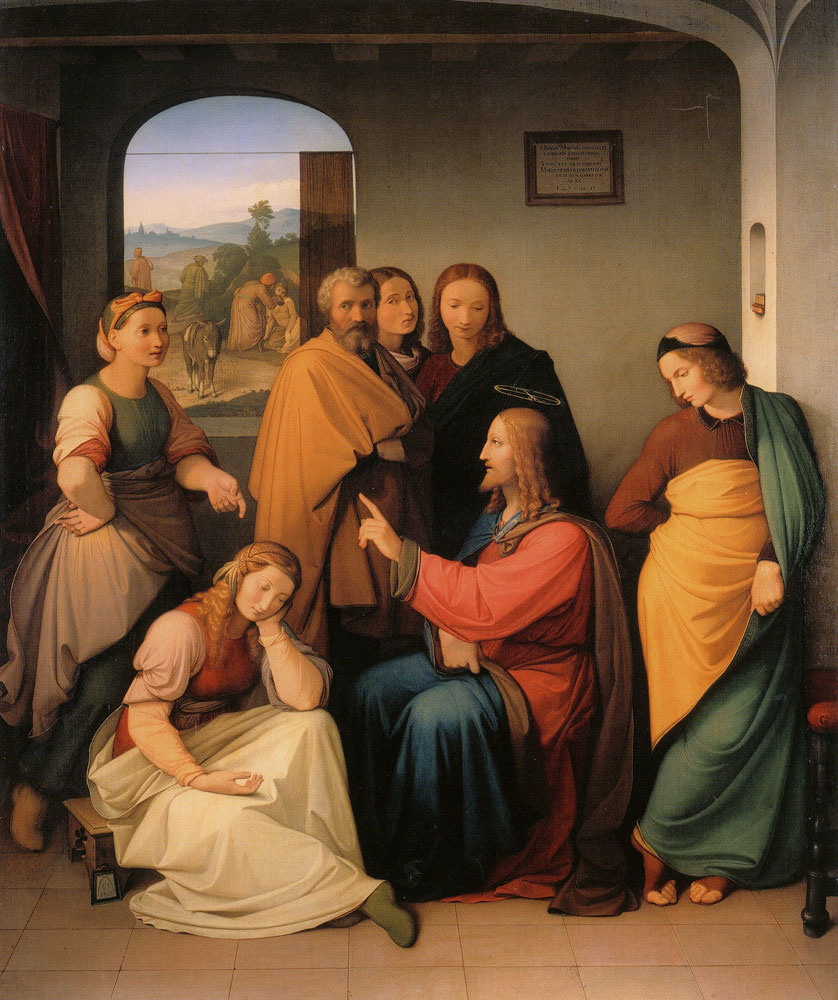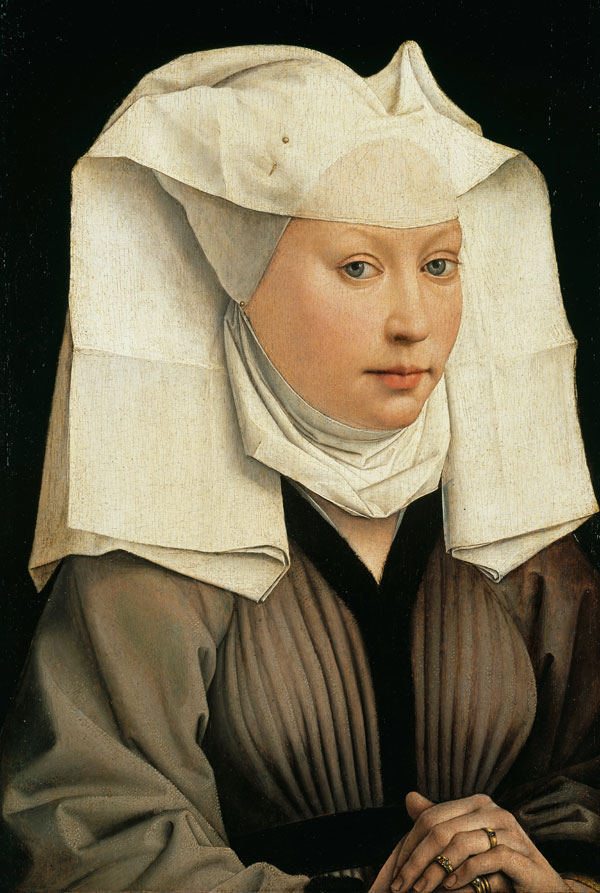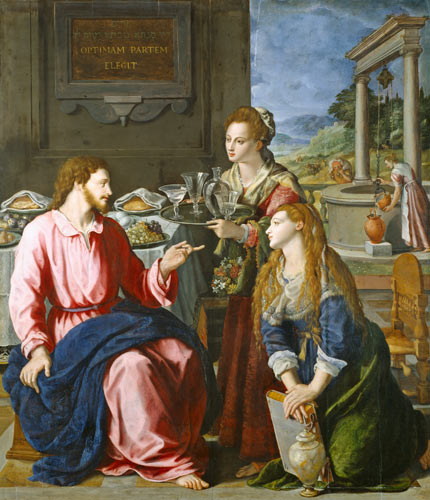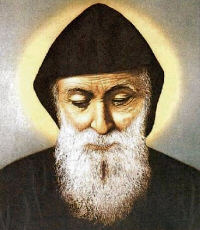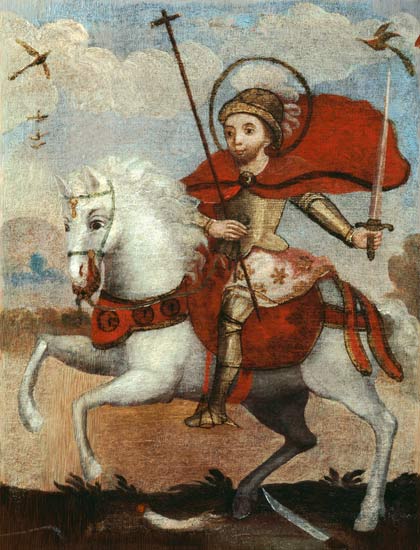Antiphon and Hymn Vespers for Santiago
Antiphon: Vespers
O lux et decus Hispaniae, sanctissime Jacobe, qui
inter Apostolos primatum tenes, primus eorum martyrio laureatus! O singulare
praesidium, qui meruisti videre Redemptorem nostrum adhuc mortalem in Deitate
transformatum! Exaudi preces servorum tuorum, et intercede pro nostra salute
omniumque populorum.
O light and glory of Spain, most holy James, who
among the Apostles holdest the primacy, the first of them crowned with
martyrdom! Our special defense, who merited to see our Redeemer transformed in
the Godhead while yet a mortal! Hear the prayers of thy servants, and intercede
for our salvation, and of all peoples!
Hymn: Vespers: This hymn is used for Vespers for
the Feast of Saint James the Apostle, Brother of St. John the Apostle and
Evangelist (December 30 in the Mozarabic Use) in the Mozarabic Breviary. It is
also listed for Vespers & Lauds on the Feast of St. Phillip the Apostle
(May 5 in the Mozarabic Use) in the Appendix to the Mozarabic Breviary. A very
rough translation!
O Dei Verbum Patris ore proditum,
Rerum Creator, et verum principium,
Auctor perennis, lux, origo luminis,
Enixus alvo gloriosæ Vírginis,
Christe tu noster revera Emmanuël,
Rex, et sacerdos, cui sacri lapides
En ter quaterni onychinus, achates,
Nitens beryllus, saphirus, carbunculus,
Vel amethystus, sardius, topazius,
Smaragdus, ïaspis, ligurius, chrysolitus
Riteque gemmis Sol, dies, duodenis
Enitens horis, margaritis optimis,
Inluxit mundo iam fugatis tenebris,
Et candelabro tibi superposito,
Micans lucernis bis senis Apostolis.
Petrusque Romam, frater eius Achaiam,
Indiam Thomas, Levi Macedoniam,
Iacobus Iebus, et Ægyptum Zelotes,
Bartholomæus tenens Lycaoniam
Mathias Pontum, et Philippus Gallias.
Magni deinde filii tonitrui,
Adepti fulgent prece Matris inclitæ
Utrique vitæ culminis insignia:
Regens Ioannes dextram solus Asiam,
Eiusque frater potitus HISPANIAM.
Clari Magistro, clateris innoxia
Adsciti dextram, pacis unus fœdera
Tractus: sinistram alter in sententiam,
Utrique regna, bis electa pignora,
Mitridepoli properant ad gloriam.
Advectus, inquam, gloriosus præmio,
Electus isthinc abitur martyrio,
Christi vocatur Zebedæi IACOBUS,
Apostolatus iure implens debita,
Victorque rapit passionis stigmata.
Divino quippe obsitus suffragio
Idem Magorum sontes iras, dæmonum
Coërcens virus, punit æmulantia:
Vivaxque demum in stolis, oraculis
In signo detur pœnitens cor credulum.
Perplexus olim voti compos commodat
Rima petenti ægro adminicula:
Optanti pandit fidei charismata,
Vexilla pacis ad salutis copiam,
Enseque functus se communit gloria.
O vere digne sanctior Apostole
Caput refulgens aureum Hispaniæ!
Tutorque nobis, et patronus vernulus,
Vitando pestem, esto salus cælitus:
Omnino pelle morbum, ulcus, facinus.
Adesto favens gregi pius creditor,
Mitisque pastor gregi, clero, populo;
Ope superna ut fruamur gaudio:
Regno potiti vestiamur gloria
Æterna: per te evadamus tartarum.
Præsta, quæsumus, Unica potentia,
Replensque gloria cunctam solus machinam,
Virtus perennis ingens, adesto gloria
Æterna; cuius laus est et clementia;
Et honor iugis affatim per sæcula. Amen.
Words: St.
Beatus of Liébana, 8th C.
Word of God, coming from the Father's mouth,
creator and true beginning of all things,
eternal author and light, the source of all light,
begotten in the womb of the Holy Virgin,
O Christ, truly God with us
King and Priest, for whom the twelve sacred stones
shine:
onyx, agate, beryl, sapphire, carbuncle, amethyst,
sardium, topaz, emerald, jasper,
tourmaline and chrysolite.
Rightly, the sun shines and advances,
once the darkness of the world has been put to
flight,
for twelve hours like precious pearls;
in the same way the twelve apostles shine like
lamps that receive their brilliance from you.
Peter illuminates Rome, his brother Achaia,
Thomas to India, Matthew to Macedonia,
Santiago to Jerusalem and Simon to Egypt,
Bartholomew to Lycaonia, Judas to Edessa,
Matthias to Judea and Gaul to Philip.
The great sons of Thunder remain
who, at the begging of their noble mother,
have rightly obtained the supreme honor
of ruling all Asia
and his brother to seize Spain.
Leaning on the innocent chest of the Master,
the one on the right is granted a peaceful death,
while for the one on the left is martyrdom is
predicted;
Both chosen and twice give the pledge of the
kingdom,
They advance into the glory of heaven.
The one is gloriously known to receive the award;
the other, Santiago the Zebedee,
is chosen to be a martyr with Christ and,
fulfilling the duty of the apostolate, he
triumphs and attains the palm of martyrdom.
With the grace of God, he besieges the wicked
magicians,
conquering the power of demons;
and breaking the arrogance of the envious,
he vigorously argues for the fool who,
repented and receives a believing heart.
He satisfies the wishes of the sick man,
who earnestly pleads for his help,
and opens for him the door of faith
and, with the sign of peace, restores his health,
O most holy and praiseworthy apostle,
shining and bright head of Spain,
our defender and national patron,
be our heavenly salvation against the plague
and remove from us all disease, wounds and evil!
Be kind with the flock that has been entrusted to
you
and a good shepherd for the king, the clergy and
the people,
so that with your help
we may achieve eternal joys, cover ourselves with
glory in the conquered kingdom
and do not fall into eternal hell.
Grant us we pray, O Trinity,
that you fill with your power, alone, all the
machinery of the world,
to whom corresponds eternal praise and mercy,
perennial power, immense glory
and perpetual honor abundantly throughout the
centuries.
Amen
